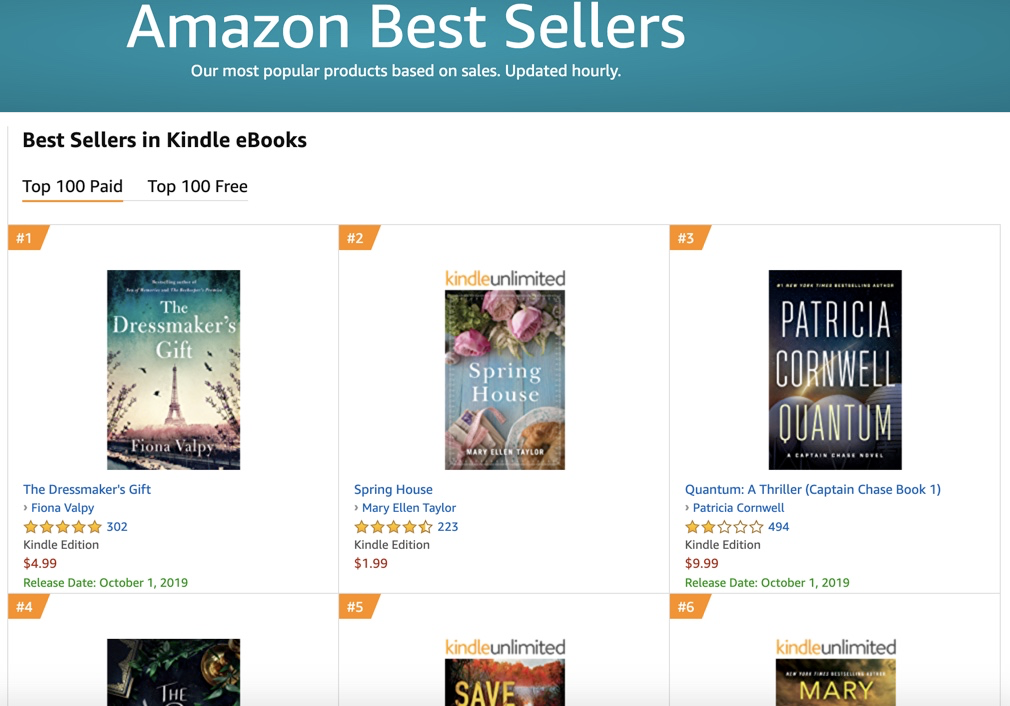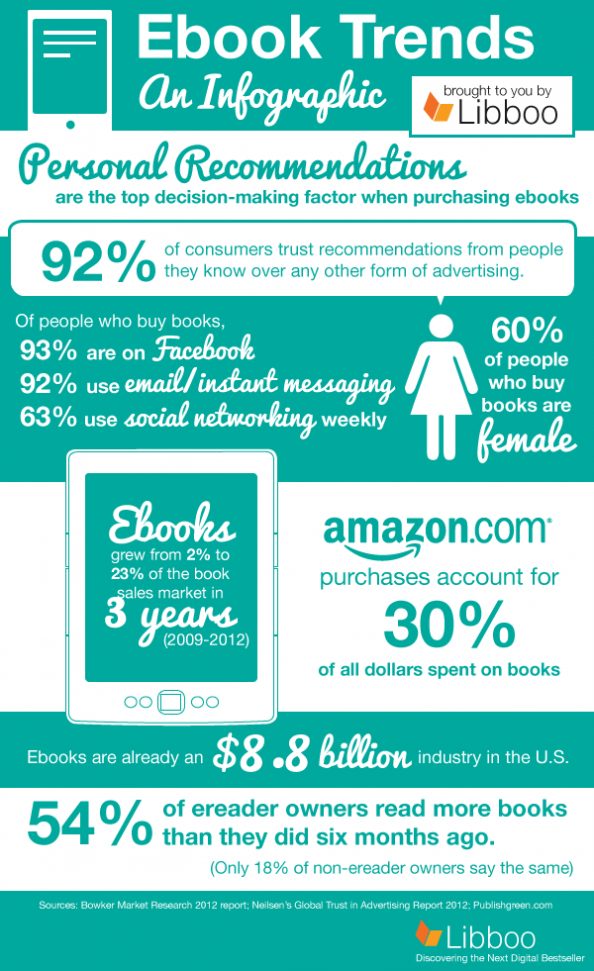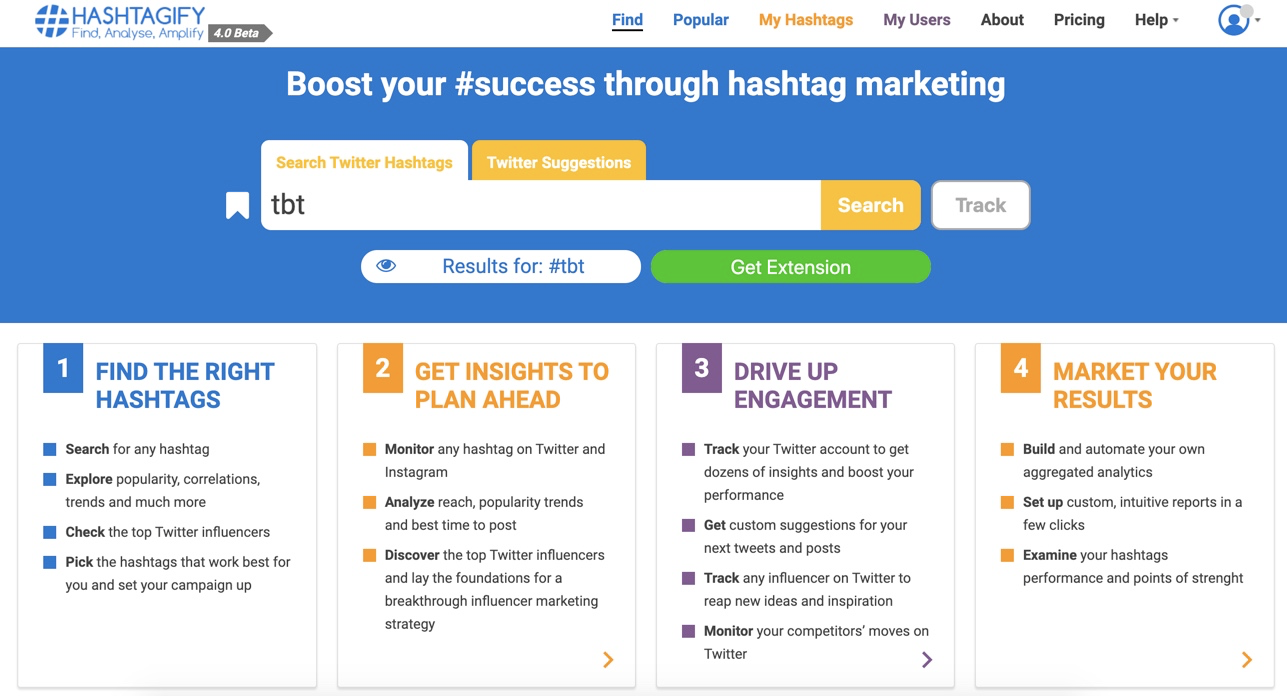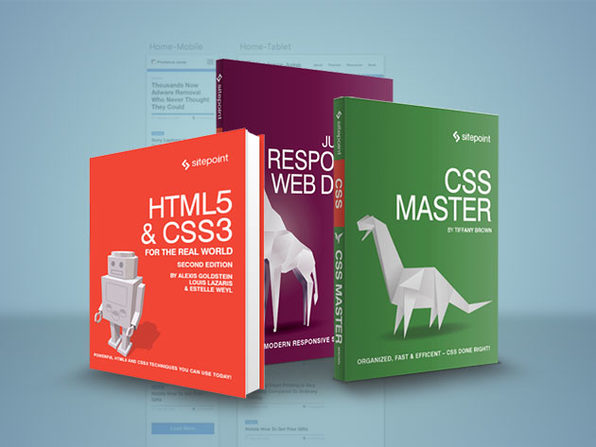
How to Pick an eBook Topic That Your Target Audience Actually Wants to Read
Are you looking for a way to boost your company’s marketing efforts? Writing an eBook and offering it to your target demographic either as a sale item or a freebie can be an excellent incentive for visitors to your site – but how do you make this happen, and what are the benefits?
Ways You Can Use an eBook as Part of Your Marketing Campaign
If you’ve noticed a gap in your marketing strategy, an eBook could be the perfect way to fill it. A well-written, high-value eBook can:
- Answer questions your customer base has about your industry
- Position you as an authority voice in your field or niche
- Inform consumers of the advantages of your product or services in a non-promotional way
- Help you build an email list that can be leveraged for future sales
If you have an underperforming landing page, social media channels that are not engaging, or a sales rep overloaded with the same set of questions over and over, an eBook can fill the gap and streamline your sales funnel.
How to Identify the Perfect eBook Topic for Your Audience
Determining what topic(s) will resonate with your core audience is the first step. Start with the obvious source – your current customers.
Niche identification
What is it that all of your customers have in common (besides being your customers)? If you sell high-end cookware, the odds are that a fair number of them consider themselves foodies. If you sell audio editing software, they are more likely to be content creators – musicians, podcasters, or videographers.
Once you’ve identified your niche, you can look for ways to provide value in the form of knowledge that your audience is hungry for. Foodies might want specialized recipes, a step by step guide to a unique cooking technique, or a wine pairing treatise. Audiophiles might prefer a book of tips and tricks for audio editing, or a “how-to” manual for integrating your software with another popular tool.
Market research
Sometimes the easiest way to get an answer is to ask. Put out a survey and query your existing audience about what they want and need in the way of information. Keep your survey narrow – two or three options only – and leave space for additional commentary so you don’t miss a good suggestion. This can help you figure out whether to focus on the recipe book, the cooking guide, or the wine pairing instructions.
You can also conduct some more in-depth one-on-one research by leveraging your network of people in the industry and their audiences. This might reveal that one topic could have a more significant reach to a general audience than the others.
History analysis
If you have a blog or social media accounts, go back through your history looking for interactions. Content that spurred a lot of discussion in the comments sections might be a good source for topics that inspire debate. If you find a common theme or a grouping of related discussions that consistently spur engagement, you may have found your eBook topic.
You can match your highest performing content with broader trends across industry blogs and social media campaigns to help narrow down which topics traditionally gain the most traction. Follow up by creating a shortlist you can compare with other potential topics before you make your decision.
What’s the problem?
While a quirky eBook might work once in a while, not everyone will be interested in reading “The History of the Flush Toilet.” Find a problem that crops up over and over again in your research, and focus your eBook on the solution.
The goal, of course, is to position your product or service as the real solution. You can do this through the vehicle of an eBook and frame it as an indirect suggestion. This keeps your eBook from becoming a thinly veiled piece of propaganda.
In most cases, you can present a range of “must-haves” in a solution and include your unique selling proposition as the main one. Then when they go seeking a solution based on your list of things to look for, they naturally end up at your door.
Search keywords
Keyword research for eBook topics should be questions based – look for questions people are asking about how to solve a problem and gear your eBook topic toward delivering that solution. Keep your core offering in mind and think about the potential audience interests you have already identified.
For example, if a search is high for questions like “What wine goes well with barbeque pork dishes?” or “Should I buy white or red wine to go with chicken pasta?” then an eBook titled “Guests at the door – what should I pour? Demystifying the confusing world of wine pairings” could give readers a fast rundown on the basics of wine and food coordination.
Follow hashtags
Searching for hashtags on social media can give you a feel for what is resonating with online audiences and what is falling flat. Don’t just look at the frequency of a hashtag, but sharing and reposting of the content. This can also help you identify how the general public is using keywords. Sometimes what you might think a hashtag is referring to could end up being something else entirely.
There are a lot of tools out there that can help you generate hashtag lists and analyze them, showing you where the highest performing content is on any topic. Hashtagify helps highlight relevant related hashtags and identify trends in content associated with each hashtag.
Stalk competitors
Competition research can also be helpful. Checking out your top competitors’ blogs and reading their comment sections just might let you get the jump on them when it comes to eBook creation. Their target audience is your target audience, and what their blog and social media interactions have to reveal could be the answer you’ve been looking for when it comes to finding the right eBook topic.
Check to see if they are offering an eBook already, and if so, what angle they took. You might have a chance to be controversial, and take a “stance” that is entirely different than theirs to whip up interest. You don’t have to be opposed – just bring a different viewpoint to the table.
Course content
Online courses are now the preferred way of learning for many – but this course can be expensive and time-consuming. Look through offerings online to find out what courses are being offered that are related to your niche, and consider if you can provide the same sort of value in eBook form.
These courses typically clearly advertise how many people have taken each session (an excellent way to measure initial intent) and you can usually view ratings and reviews as well, which can give you insight into audience hopes and expectations as well as how each course measures up.
Digging deeper, course series or modules within a course can provide insight into subtopics and how you may want to organize chapters in your eBook for logical sequencing and flow. By producing a high-quality alternative for those you can’t afford or don’t have time for an online course, you can tap into the interest people have in your niche and deliver a useful service.
Who did it already?
Look at eBooks already published, and figure out which topics already have an established audience you can tap into. Some niches are obvious – weight loss, make money in your spare time – but they can also be oversaturated. Use your knowledge of your existing audience, their problems, and their interests and look for common themes and topics surrounding your niche.
You can use Amazon Kindle bestseller lists in the categories you are adjacent to to start your search and expand based on prolific authors and how they drill down even deeper to identify sub-niches that may not have as much competition.

Read reviews of the top picks in each category as well. This will give you a view of the target audience’s perspective. Sometimes a bad review highlights a need that a reader anticipated being met but which wasn’t covered in the book they purchased. These unmet needs could be your “in.”
Test the waters

Float your best ideas by creating a short version, like a blog post, for each one that just scrapes the surface. Publicize them across your existing marketing channels (email lists, social media, your website) and see which ones gain traction and what kind of feedback you get. If you notice one topic generating a lot of “we want to know more!” comments, that’s a viable topic for an eBook.
Outsource It
Does all of this sound like a lot of work? Keep in mind that at this point, all you’ve done is (hopefully) identified a viable topic, you still have to do research, organize your information, and write a compelling eBook. If you’re busy running your company and trying to take it to the next level, you may not have the time, the writing skills, or the publishing knowledge to apply to this project.
Fortunately, there’s a turnkey solution. ContentWriters.com has a team of capable, highly-skilled eBook writers who can not only help you identify the right topic for your intended demographic but can create a high-value, engaging eBook that your target audience will want to read. Find out more today.
Freedom is an award-winning writer and marketer. In her current role as a B2B digital marketing specialist. Her writing has appeared in global publications including The Independent (UK), Huffington Post (USA), The Telegraph (UK), The Chicago Sun-Times, The Los Angeles Times, The Jerusalem Post, and more.








